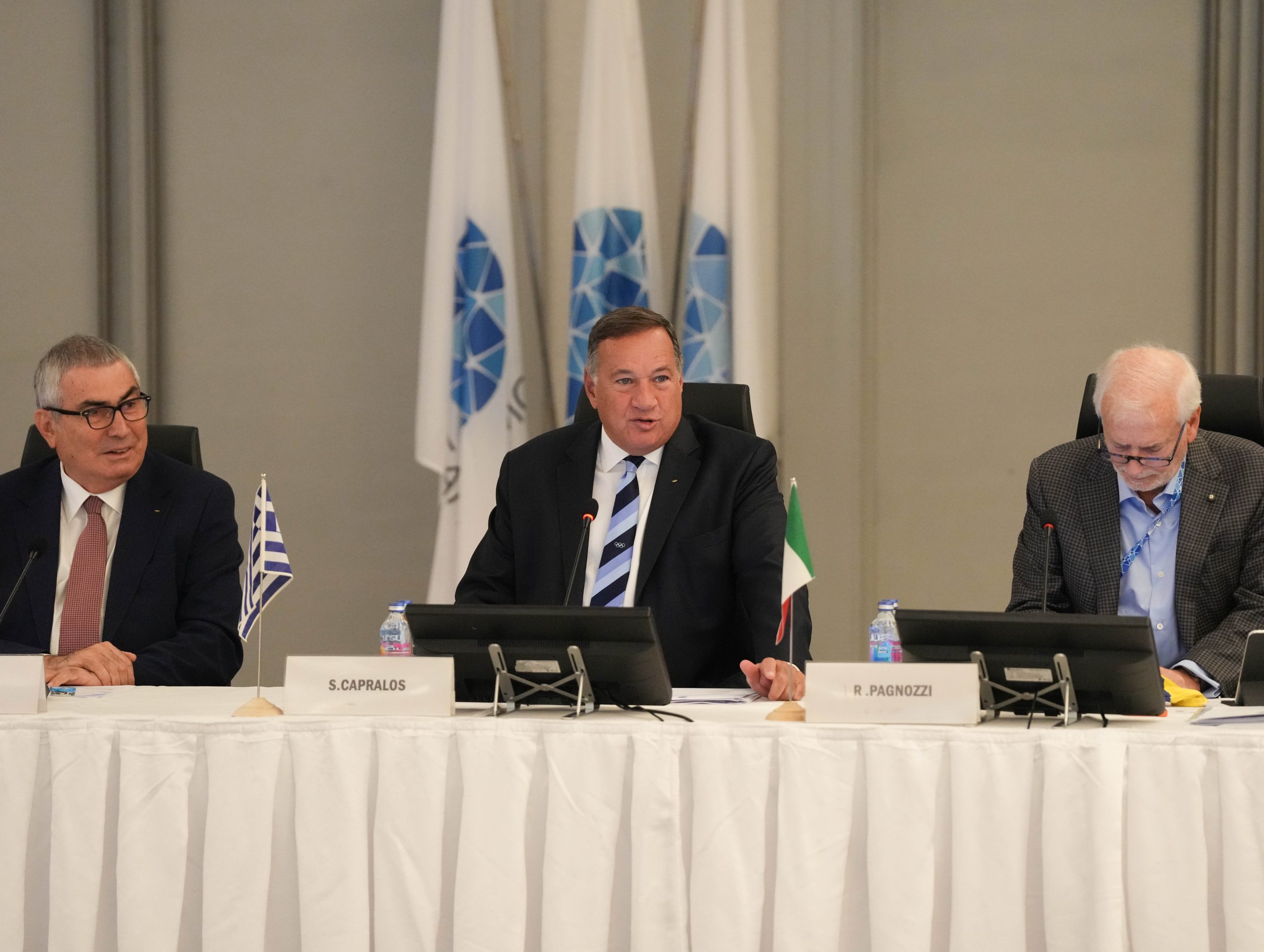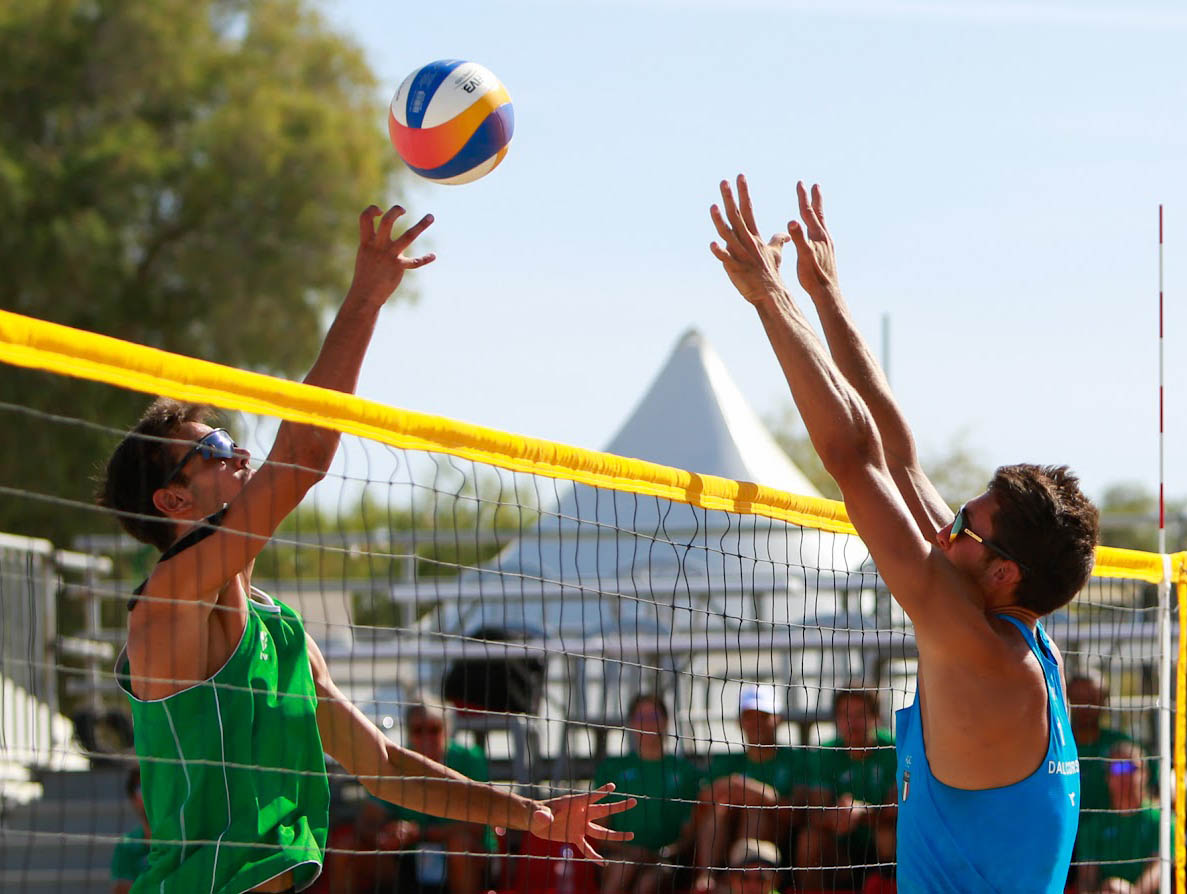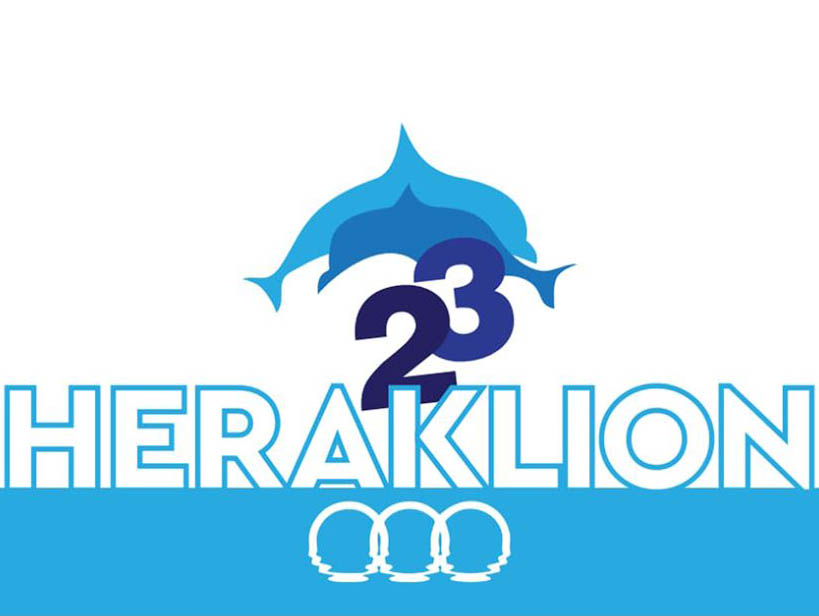1. DSB / Brussels – New Expert in the EU Office
As from 1 July a new colleague is strengthening the EU Office of German Sport in Brussels:
Britta Jahnke, 26 years young, with a diploma in sports science from the German Sport University Cologne (Deutsche Sporthochschule Köln) , will expand the team as an expert. Within the framework of her studies she received the certificate “European Sport Studies”, in which in addition to knowledge of general Europe policy, sport structures in Europe, historical backgrounds, the knowledge of two foreign languages and a foreign internship were demanded and promoted.
After the conclusion of her studies for her degree in the summer of 2001 this native of Cologne acted first as a “Research Assistant” at the International Paralympic Committee in Bonn. Within the framework of a ski racing programme for disabled athletes, Jahnke worked in Colorado / USA as a trainer of the next generation.
In the swimming club her sport career began, and today on Britta Jahnke’s list of athletic activities long-distance running and – as a member of the German ski instructors association – alpine skiing rank very high.
2. The European Parliament Wants to Win Over FIFA and Manufacturers of Sport Items for the Struggle against Child Labour
The Parliament called upon FIFA and sport item manufacturers,
· to ascertain that balls and clothing items that are approved by FIFA have been manufactured without child labour
· to apply the FIFA Code for labour conditions
· and to agree on a more transparent, credible and independent monitoring system for manufacturing conditions.
Furthermore the Parliament called upon FIFA and the national football associations to make the Football World Cup 2006 in Germany the first international sport event that does not fall back on child labour and that guarantees fair labour conditions.
3. Agreement on Free Movement between the EU and Switzerland – Recognition of Ski Instructor Diplomas
The bilateral agreements that have been concluded between Switzerland and the European Union went into effect as from 1 June 2002. They are intended particularly for the free movement of people between Switzerland and the EU or EFTA member states (European Free Trade Association: Norway, Liechtenstein, Iceland). From now on ski instructors who are EU or EFTA citizens and have an officially recognised diploma can practice their profession freely in Switzerland and request recognition of their diploma. There is a transition period until 2006 in effect, though, for specific special regulations (see Monthly Report 2002).
In Switzerland the profession of winter sport instructors is regulated in only seven cantons (out of 26) (namely: Waadt, Wallis, Uri, Obwald, Graubunden, Aargau and Jura). That means that the recognition of the foreign diploma can only be effective for these cantons. The Swiss Interverband für Schneesportlehrerausbildung (IASS/SIVS, association for training snow sport instructors) is responsible for the recognition of diplomas. This association will handle the applications for recognition of diplomas for the citizens of the member states bilaterally on a case by case basis. In the normal case instructors will be required to pass a technical examination. In the other cantons, in which the ski instructor profession is not regulated, that is, no diploma is necessary, and the general regulations concerning self-employed or freelance workers will be applied.
The EU Office will help with further questions: info@eu-sports-office.org
4. Non-uniform Implementation of Advertising Law Regulations for Football Broadcasts in Europe
On the occasion of the beginning of the Football World Cup, the European monitoring office for the audio-visual sector published a study on the insertion of advertising spots in the broadcasts of the games. While in most countries advertising spots are only shown in the half-time pauses, viewers in Spain, Italy, some regions of Belgium and Iceland also see advertising before free kicks and corner kicks and during player substitutions.
The study shows that among European legal experts in respect of the regulations of the guideline “Television without Frontiers” and the European agreement on cross-border television, different interpretations are applied. There is a possibility, however, that some states have not correctly transposed the regulations concerning the broadcasting of advertising spots during the transmission of sport events into their domestic legal prescriptions.
5. Commission Welcomes UEFA’s New Marketing of Rights for Champions League
The EU Commission has signalled its readiness to approve the new rules submitted in the draft by UEFA for the marketing of broadcast rights of the Champions League.
In July 2001 the Commission rejected the authorisation of the regulation in force up until now with the reasoning that it infringed against competition law in the EU. Up until now UEFA has marketed all the rights for the main round of the Champions League in
the name of the participating clubs (joint marketing). The packages were each given for four to five years to only one broadcasting corporation per Member State, which as a rule only the largest media groups could afford. In this way besides some rights remained unused, although clubs or smaller stations would have been happy to use them.
The new marketing regulation will come into effect with the 2003/2004 playing season.
The rights will then be granted for three years at the most and in the form of public invitations to tender. The top games of the main round will be offered to the broadcasting stations of the participating countries; games that UEFA cannot sell can be marketed by the clubs themselves. In addition in the future all media rights will be handled, including rights for the Internet and UMTS.
First the Commission will provisionally agree the proposal for the new regulation. Definitive approval will only be granted after the opinion of the other participants. For this purpose a description of the new rules will be published in the Official Journal of the European Communities.

















